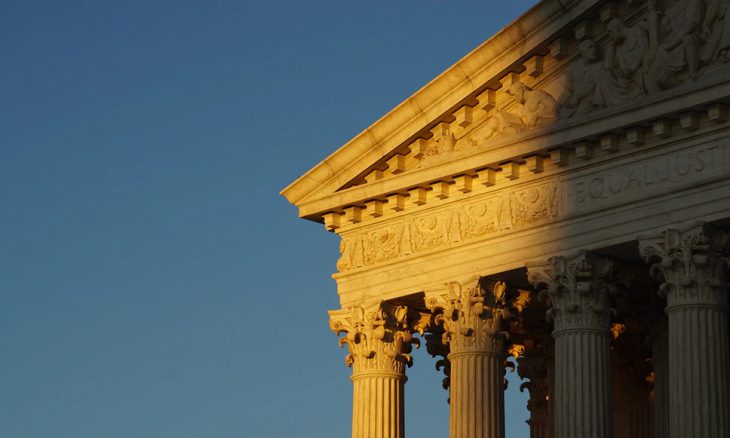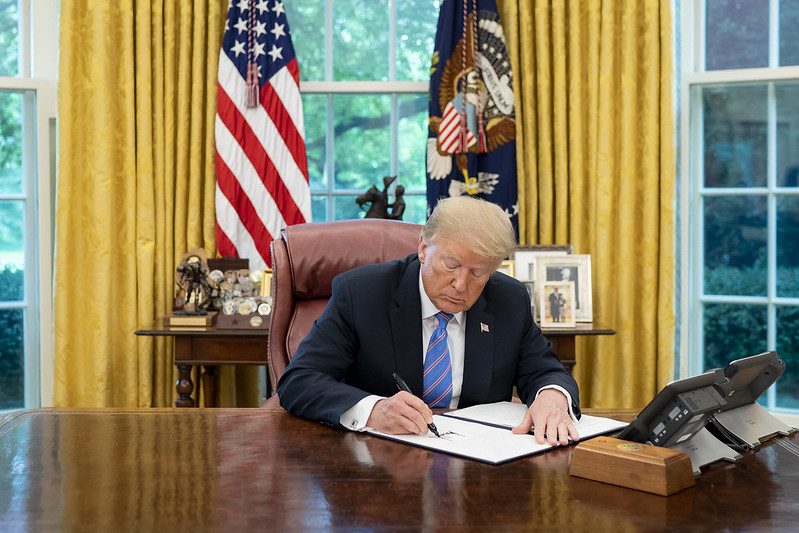Justices question the distinction between false and misleading statements.
The Supreme Court recently heard oral arguments in an appeal filed by a former Chicago politician. The justices seemed poised to return the case to the lower court for further processing.
Patrick Daley Thompson, a former Chicago alderman and part of the Daley political dynasty, was convicted in 2022 of lying to regulators about how much he had borrowed from a now-closed bank. He completed a four-month prison sentence, but filed an appeal to modify his conviction, arguing that his statements were “misleading” and not “false.”
“Many, many false statements are misleading, and many misleading statements are false,” said attorney Chris Gair. “But that does not mean they are synonyms” pointing out that misleading statements may be factually true.
Justices questioned this argument, wondering how this line of thinking could help Thompson in his corruption case. They will release their ruling on this case in the summer, but Justice Elena Kagan suggested that, no matter their decision, the Supreme Court should clarify the difference between the two charges anyway.
As the Lord Leads, Pray with Us…
- For the justices of the Supreme Court as they consider the appeal in the former alderman’s corruption case.
- For wisdom for members of the federal judiciary as they interpret laws and evaluate precedents.
Sources: The Hill, SCOTUSBlog









